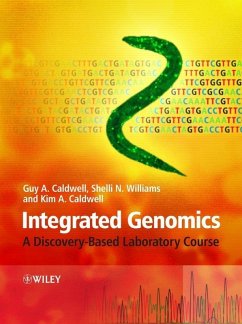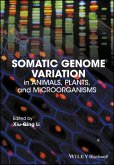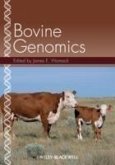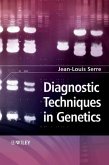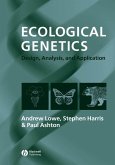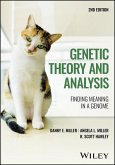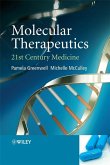Integrated Genomics: A Discovery-Based Laboratory Course introduces the excitement of discovery to the basic molecular biology laboratory. Utilizing up-to-date molecular biology protocols and a basic experimental design, this text offers experience with three different model systems. Students will become familiar with the simplicity and power of single-celled organisms, Escherichia coli and Saccharomyces cerevisiae, as they search for genes that interact and function within the nematode Caenorhabditis elegans. Incorporated throughout the course are exercises designed to offer students familiarity with the wealth of bioinformatics data that can be accessed on the World Wide Web. Following completion of interaction studies within the yeast, the course is designed to allow students to examine the functional consequences of reducing a gene's function within the multicellular worm that is both simple and inexpensive to maintain within a laboratory. The inclusion of alternative experiments allow for flexibility in determining the ending date or goal of the laboratory, as well as working within the available budget and resources of most any classroom environment. Further striking features of this title are: * An accompanying Web site providing PowerPoint slides, plus links to the internet, and regular updates as bioinformatics databases evolve and methods improve. href="http://www.wiley.com/go/caldwell">www.wiley.com/go/caldwell * Inclusion of modern genomic/proteomic technologies such as the yeast two-hybrid system and RNAi * Detailed experimental protocols and easy access to instructional materials This discovery-based laboratory course provides excellent practical training for those pursuing career paths in biomedicine, pharmacy, and biotechnology.
Dieser Download kann aus rechtlichen Gründen nur mit Rechnungsadresse in A, B, BG, CY, CZ, D, DK, EW, E, FIN, F, GR, HR, H, IRL, I, LT, L, LR, M, NL, PL, P, R, S, SLO, SK ausgeliefert werden.

